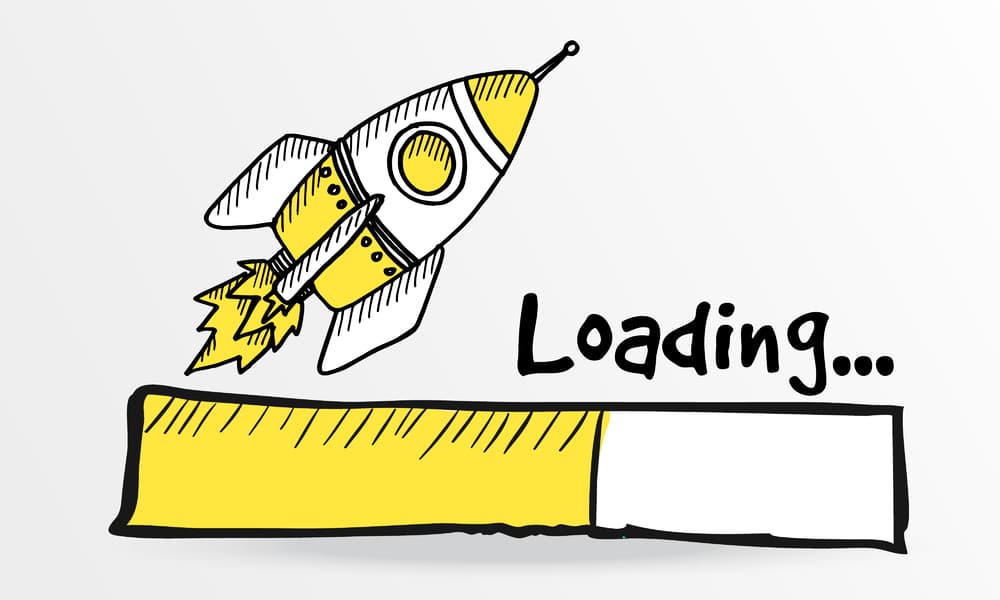Why having a fast website matters for your business.
It’s easy to get so caught up in statistics like bounce rate and search engine rankings that we forget what these measurements are supposed to tell us about our site. Namely: whether our visitors are happy when they go there. Internet users have increasingly come to expect websites so fast that they don’t even notice the load time. This means you have about half a second to deliver your content before your visitor feels the lag. Much longer than that, and they may leave your site. And when they leave your site, it costs you business.
How much? Amazon estimates that a one-second slowdown on their page would cost them $1.6 billion in sales each year. Granted, you’re not Amazon, but the relationship to site speed and site abandonment is clear.
Speed is even more essential for mobile.
When it comes to your mobile site, site speed has an even greater impact. Obviously, your site should be optimized for mobile. That may mean a responsive site that automatically conforms to your screen size, or it may be slimed down to offer a lighter website for mobile browsers. Either way, your goal is to offer your users the best experience possible when visiting your site.
Site speed is an essential component of user-focused mobile design, because mobile browsers are more likely to need information right away. Whereas desktop users multitask within the confines of their browser (juggling a search in one window with answering email in another), mobile users are multitasking in real life (looking up product information while walking through a store). If your website delays their ability to interact with the world at hand, they’re even more likely to abandon your site or search elsewhere.
Beyond this, websites are often slow because of large files that eat up mobile data plans. For visitors who pay close attention to their data usage, this is a surefire way to turn visitors away from your site.
No, your visitors aren’t being impatient.
It’s tempting to write off these statistics to short attention span. But the reality has a lot more to do with how our brains perceive lag. So long as the flow runs smoothly from page to page, we retain our focus. But when a break comes, we quickly switch to the next item in our mental queue while we wait. This isn’t impatience so much as a desire to optimize time.
Imagine, for instance, if you had to wait three or four seconds every time you turned a page in a book. You would quickly become distracted and annoyed by your break in concentration from page to page. Or think about how difficult it is to maintain a conversation over a bad conference call: even a second or two of delay between question and response causes confusion and inhibits the smooth flow of your meeting.
Your website is a conversation between you and your visitors. Make sure that conversation flows comfortably by building a fast website that meets user need.






